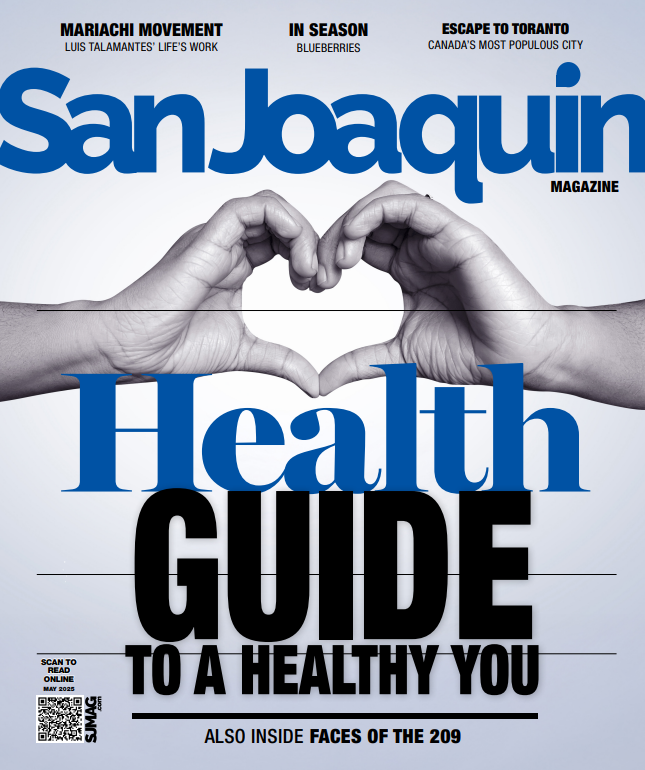
“For women struggling with PMDD, it’s a very difficult thing to deal with but there’s a lot of different medications—both antidepressants and hormonal—that can improve your quality of life. Go in and see your physician. Support groups, in person or online, can be helpful as well.” – Dr. Eugenia Hurlbut, OB/GYN, Gill OB/GYN Medical Group, Inc.
Could PMDD be plaguing you? It’s time to say bye-bye to those monthly blues.
Characterized as severe depression, irritability, and tension before menstruation, the signs of premenstrual dysphoric disorder, or PMDD, are more severe than those of premenstrual syndrome, or PMS. And the disorder can begin at any age after a women starts menstruation.
While PMS affects approximately 75 percent of women, only three to eight percent are affected by PMDD. That’s because the two ailments have different symptoms, although a person with PMDD could mistake their symptoms for the more-common PMS.
First, understand the difference. The Mayo Clinic describes PMDD as an extension of PMS, with symptoms that may be disabling to sufferers. If you’re not sure if you’re suffering from PMDD or PMS, consider this:
“In PMDD, however, at least one of these emotional and behavioral symptoms stands out:
• Sadness or hopelessness
• Anxiety or tension
• Extreme moodiness
• Marked irritability or anger
–The Mayo Clinic
If you experience any of these symptoms during the luteal phase (between ovulation and menstruation) of your menstrual cycle, consult a doctor. Prevention or treatment of the symptoms is possible. Those who suffer may benefit from taking anti-depressants, nutritional supplements, or herbal remedies (Chasteberry specifically has been linked to reduced irritability, mood swings, breast tenderness, swelling, cramps, and food cravings). Sometimes taking birth control pills can also help with symptoms, especially those with a no pill-free interval or a shortened pill-free interval.
Popping a pill isn’t the only remedy, however. Diet and lifestyle changes can have a major impact for sufferers of PMDD. Regular exercise can minimize the symptoms of pre-menstruation, which may help. Reducing caffeine intake, avoiding alcohol, and cutting out smoking may also help. Always make sure you are getting enough sleep and utilize relaxation techniques, such as mindfulness, meditation, and yoga. Avoiding stressful emotional triggers, especially during the time of month that you experience symptoms, is another option.
While there are a plethora of options for preventing and treating PMDD symptoms, it’s best to first get a professional diagnosis to determine the right course of treatment for you. Consulting your OBGYN about your symptoms should be the first step. Together, you can make a plan.
Supplements to try:
Vitamin B-6
Magnesium
L-tryptophan
*Always consult your doctor before starting a new supplement routine.
Talk to a Professional:
P. Gill Obstetrics & Gynecology Medical Group
Locations in Stockton, Lodi, Manteca & Tracy
(209) 466-8546
GillObgyn.com




